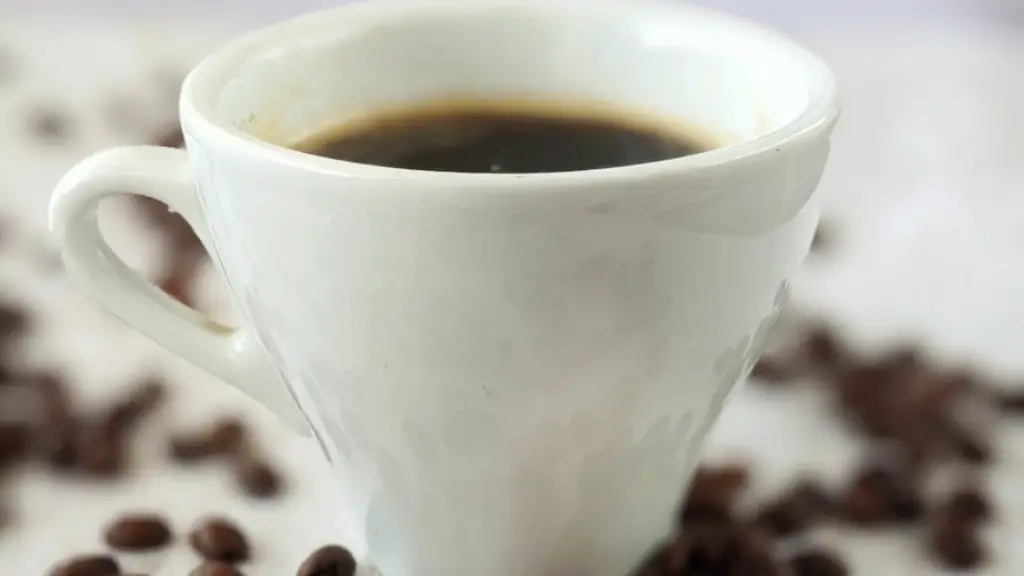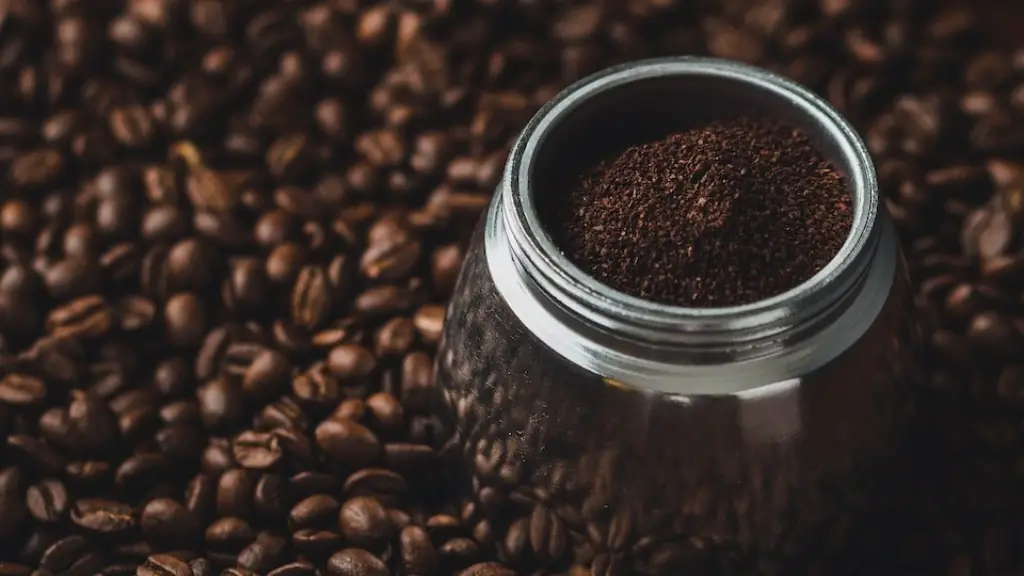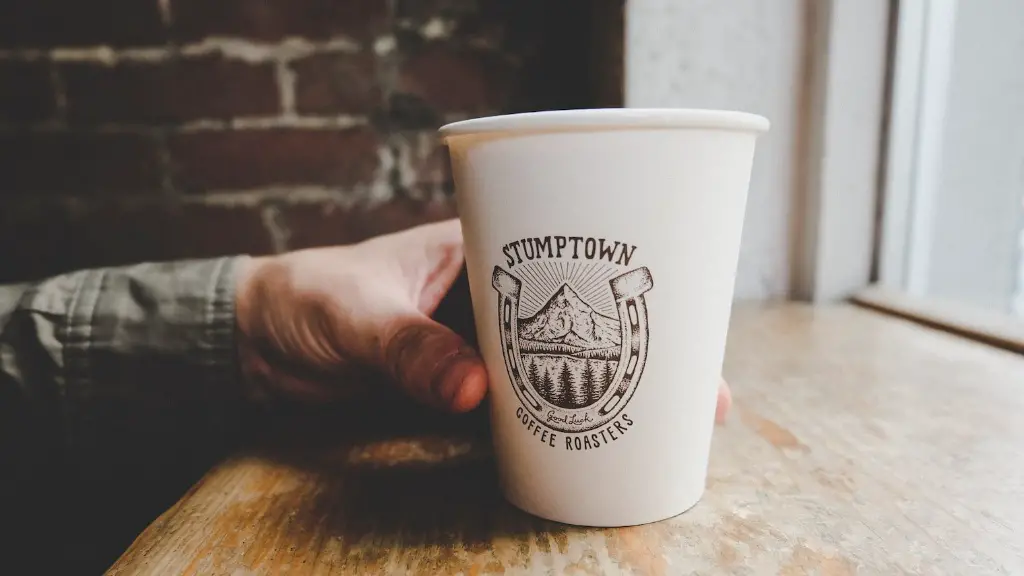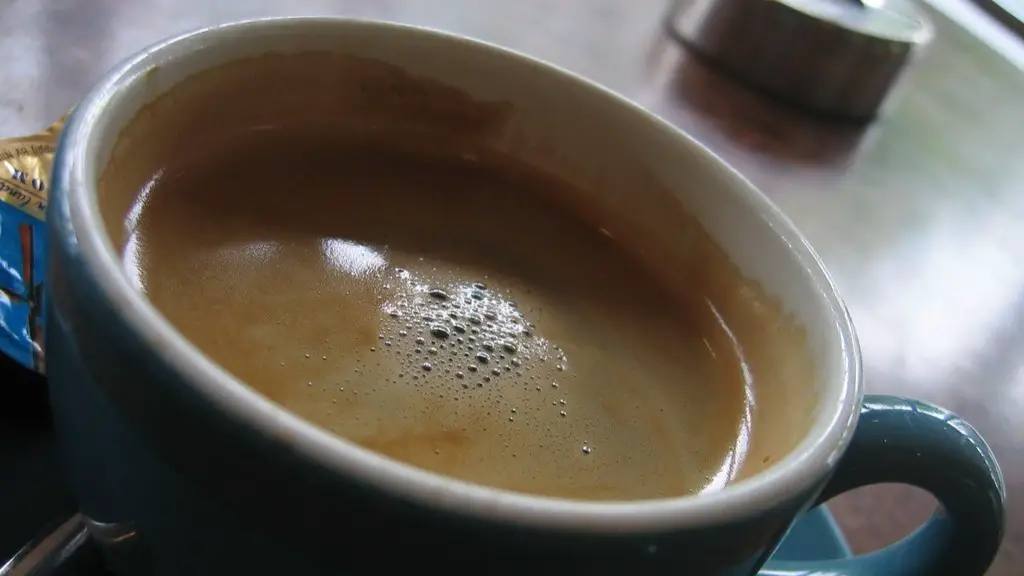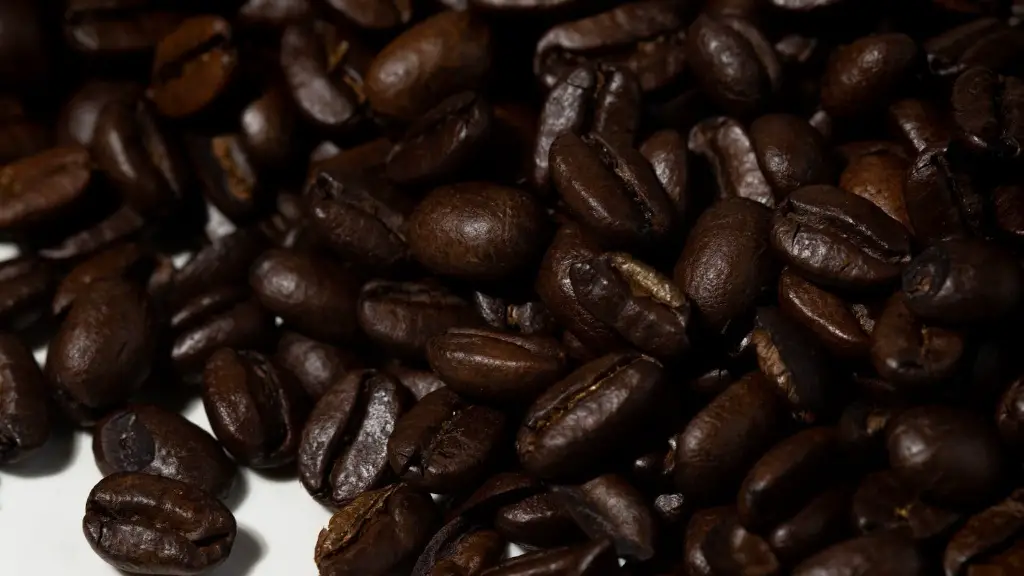In the past several years, the debate around whether drinking coffee after drinking alcohol has a positive or negative effect has gained serious traction due to research that suggests that caffeine may be used to help reduce the impact of alcohol on the body’s organs and systems. However, the effect of caffeine on the body after consuming alcohol is still not completely understood, and has caused a passionate response from both sides.
The small amount of research that has been conducted around drinking coffee after alcohol consumption appears to suggest that caffeine may help mitigate some of the negative side effects associated with drinking – including dehydration, which can lead to hangover-type symptoms like fatigue, headaches, and nausea. Caffeine also may block acetaldehyde – the byproduct of metabolizing ethanol and the key ingredient that causes the morning after hangover.
However, recent research suggests that coffee consumed in conjunction with alcohol may reduce the body’s ability to absorb essential nutrients that lead to liver health and proper functioning. For example, a recent study in the International Journal of Research in Medical Sciences suggests that although coffee may reduce the rate of alcohol detoxification, it may also contribute to decreased intakes of certain vitamins and minerals. Additionally, coffee could potentially reduce the overall health benefits of alcohol, including having a positive effect on heart health.
That said, other experts believe the effects of drinking coffee after alcohol are minimal, or nonexistent. For example, registered dietitian nutritionist, Lisa Moskovitz, believes that “Alcohol and caffeine are metabolized differently in the body, and their interaction is not as significant as one may think.” In other words, any benefit that may exist from drinking coffee after alcohol is likely outweighed by the potential risks. Moskovitz also suggests that drinking coffee may delay, but not entirely prevent, the onset of a hangover, and that drinking water, getting plenty of sleep, and avoiding overindulging in alcohol are much more effective strategies for avoiding them.
Additionally, it’s important to consider the risks associated with drinking coffee, which can include jitteriness, nausea, headaches, and anxiety. As with any drug, one should do their own research and consult a qualified health professional before taking any supplement, including coffee. This is especially critical for people who have existing health conditions that could be adversely impacted by caffeine, including insomnia, high blood pressure and anxiety disorders.
Coffee Intake
Coffee intake is also an important factor when considering drinking coffee after alcohol. If too much coffee is ingested, it may cause further dehydration and, in some cases, negatively impact the absorption and metabolism of alcohol. A moderate amount of coffee however, can help to reduce the risk of dehydration and aid in the elimination of alcohol from the body.
In general, enjoying one to two cups of coffee after drinking alcohol is likely safe and may help to reduce the risk of dehydration, although everyone should pay attention to how their body reacts to the combination. It’s also important to note that coffee is not a replacement for drinking plenty of water throughout the day, which is the most important factor for preventing hangovers.
When it comes to drinking coffee after alcohol, it’s important to understand the potential effects on the body, and the potential risks of drinking too much. Ultimately, it’s best to do what feels right for your body and to follow the proven strategies for avoiding hangovers, such as drinking plenty of water, eating healthily, and avoiding or moderating alcohol intake.
Food and Alcohol Combination
Since coffee is often consumed with snacks, particularly sugary snacks or dishes that are already high in fat or carbs, people may be more prone to consume large amounts of calories and snacks post-workouts or post-partying. This combination can have a negative impact on the body, as the high consumption of fats and carbs will cause a larger drop in blood sugar levels and could contribute to discomfort and fatigue. It’s important to be mindful of the types of food that you’re consuming alongside coffee and alcohol.
When mixing food with coffee and alcohol, it’s important to stick to nutritious food sources that are low in simple carbs and saturated fats, like fresh fruit and vegetables. In addition, one should stick to healthier beverage choices like water or unsweetened tea, as added sugars can add up quickly and lead to weight gain.
Ultimately, it’s important to remember that everyone’s body is different and can respond to the combination of coffee and alcohol differently. It’s recommended to limit consumption and pay attention to how your body is responding throughout the evening and the following day.
Energy Drinks
Energy drinks, which contain large amounts of caffeine, sugar, and other stimulants, are increasingly popular among young adults. Unfortunately, combining energy drinks with alcohol can be even more dangerous than consuming coffee and alcohol together, as the high amount of caffeine in energy drinks is much higher than that found in coffee and can adversely affect the body.
Consuming energy drinks while drinking alcohol can cause dehydration, and can lead to higher blood alcohol content (BAC) levels, as energy drinks can mask the effects of alcohol, leading to over-consumption. Additionally, energy drinks can cause an elevated heart rate, increased blood pressure, and can be especially risky when taken in combination with other drugs or medications.
It’s important to avoid consuming energy drinks with alcohol as the combination can lead to excessive drinking, impaired judgement and poorer decision making. If you do drink alcohol, it’s best to stick to more moderate options like tea, water and coffee, and to avoid over indulging.
The Legal Limits
Although combining coffee with alcohol may not always be the best option for your health, it’s important to note that there are also legal limits when it comes to how much caffeine and alcohol can be consumed in a single day. For example, the US Dietary Guidelines recommend that an adult should limit their caffeine intake to 400mg per day, which is about 4 cups of coffee. The same guidelines suggest that an adult should limit their alcohol intake to no more than 2 drinks per day for men and no more than 1 drink per day for women.
When it comes to consuming coffee and alcohol in moderation, it’s important to pay attention to how your body is responding to the combination and adjust the amount of consumption accordingly. Making informed choices when it comes to drinking coffee after drinking alcohol is the best way to ensure that you are mindful of your own health and safety.
Nootropics
Nootropics, or “smart drugs,” are compounds that are purported to enhance cognitive functions like creativity, alertness and mental focus. These substances are often consumed with coffee, as the combination has the potential to increase focus and alertness.
Although there is limited evidence to support the purported effects of nootropics, there is some evidence to suggest that the combination of coffee and nootropic substances can have a useful effect in some aspects of cognitive enhancement. For example, some researchers suggest that combining caffeine and l-theanine, an amino acid found in green tea, may provide improved focus and enhanced neuroprotection.
In general, the combination of coffee with nootropic supplements should be done with caution and it’s best to talk to a doctor or qualified healthcare professional before taking any supplement. Additionally, any nootropic supplement should be considered as a part of a well-balanced diet and taken in healthy doses, as some side effects may occur with prolonged use or high doses.
Coffee Alternatives
For those looking for a coffee alternative after drinking alcohol, herbal teas are a great option. In particular, chamomile tea is a popular beverage for those who are looking for a mild, calming effect without the addition of caffeine.
Chamomile tea is also an excellent choice for those looking to reduce their risk of a hangover, as it is known to help calm the digestive system and induce sleep. Additionally, chamomile tea has anti-inflammatory properties, which could help to reduce the risk of cell damage from alcohol.
Overall, drinking herbal teas after alcohol is an effective way to reduce the risk of a hangover and other associated side effects without the addition of caffeine. However, it’s important to remember that herbal teas should always be consumed in moderation.
Summary
Although drinking coffee after drinking alcohol can seem like an attractive option, it is important to understand the potential risks and benefits associated with the combination. In general, the potential benefits of combining coffee and alcohol may be minimal and are likely outweighed by the risks. Additionally, it’s important to consider the types of food, beverages, and supplements that are consumed alongside alcohol and coffee, as their effects can be amplified when taken together. As with any drug, it is important to do one’s own research, consult a qualified health professional when necessary, and to always act responsibly.
